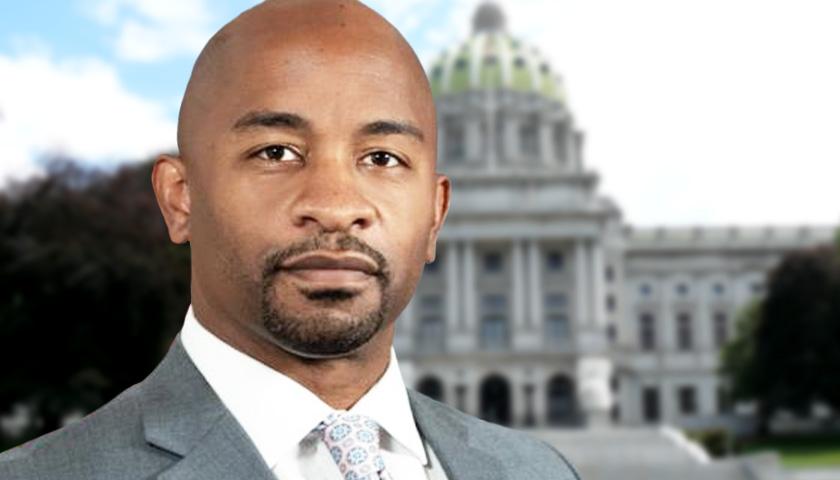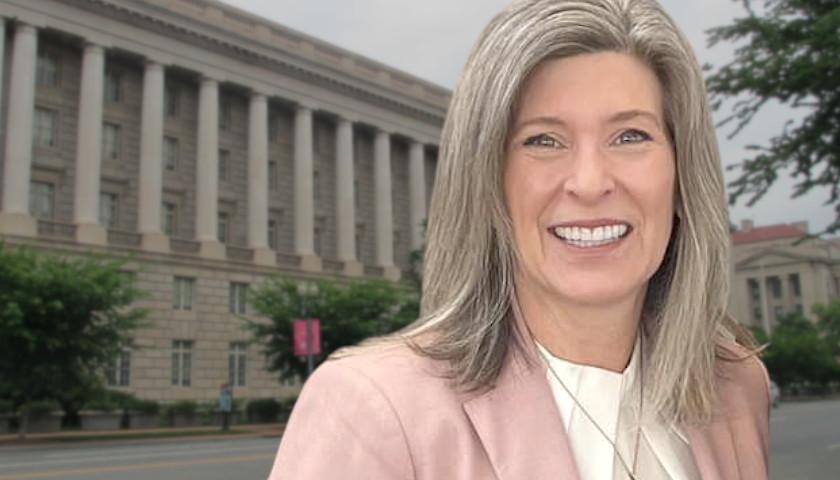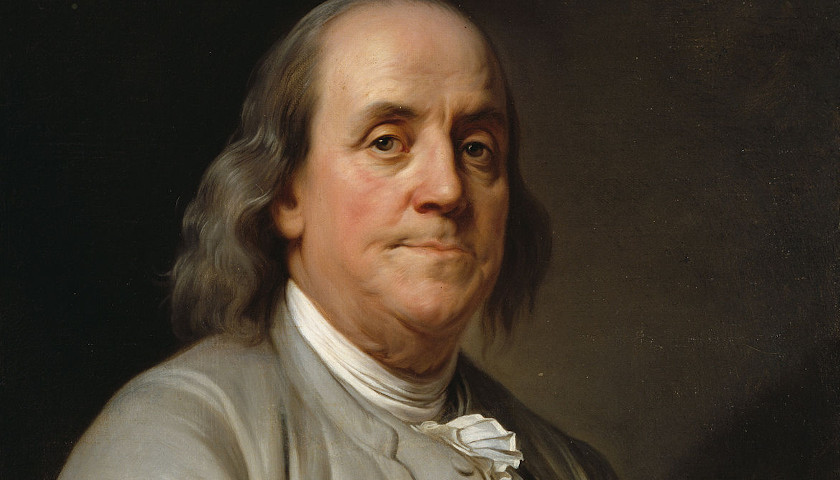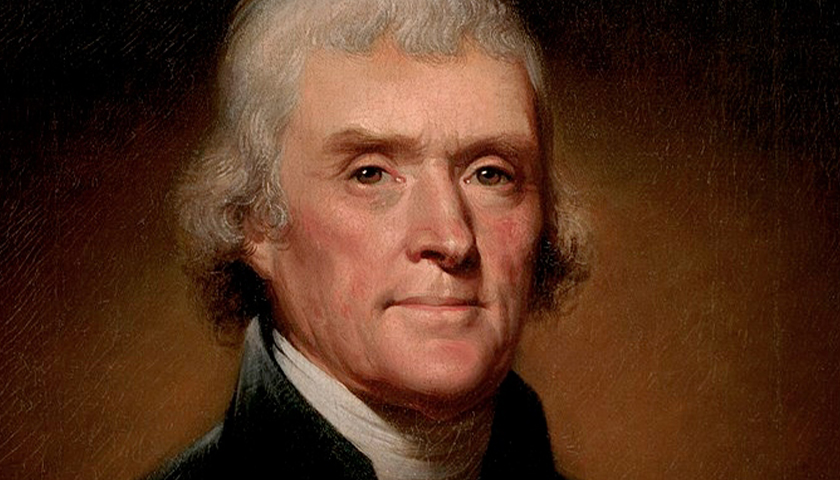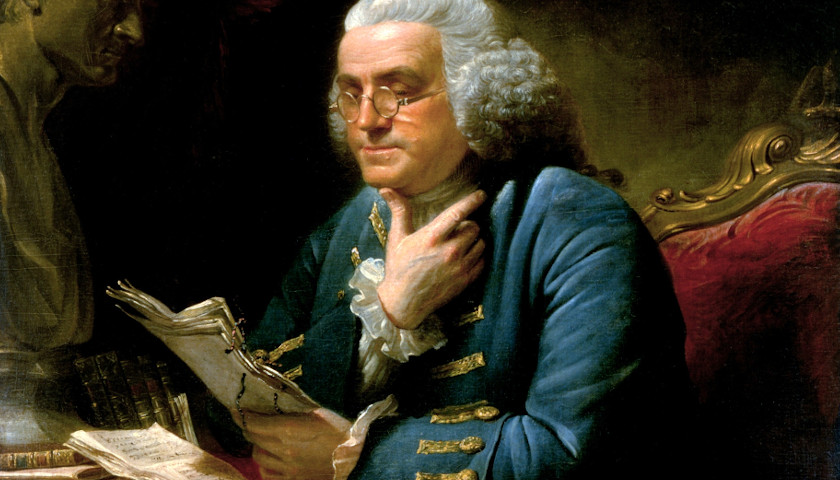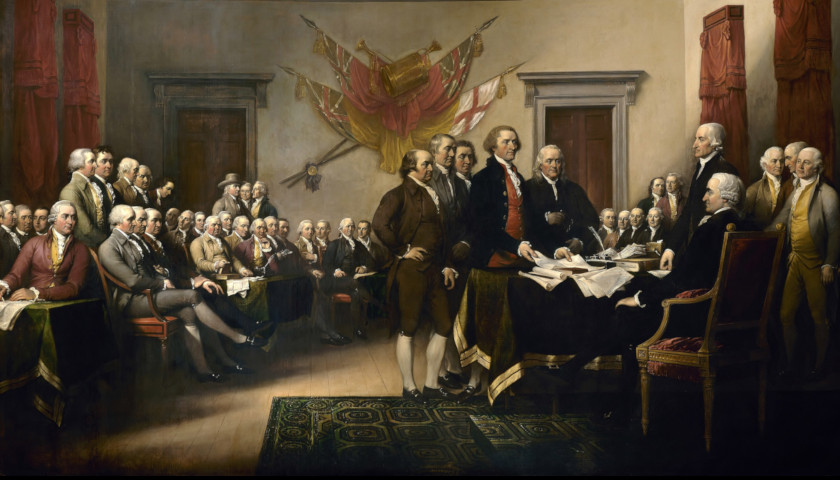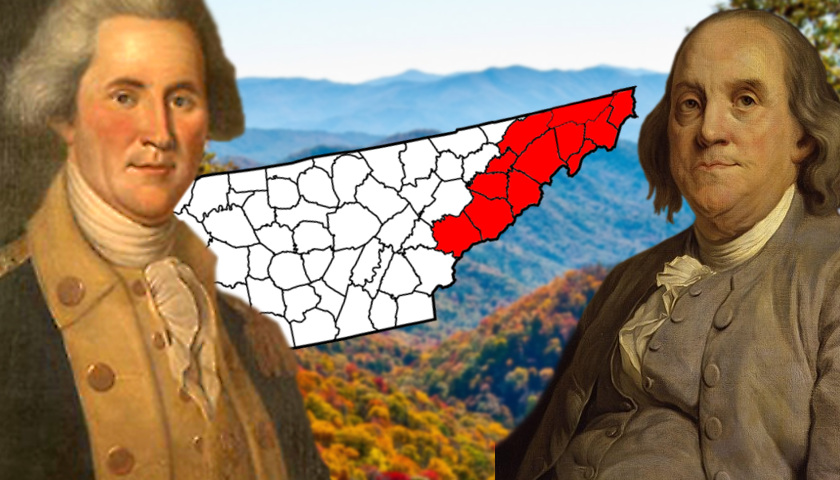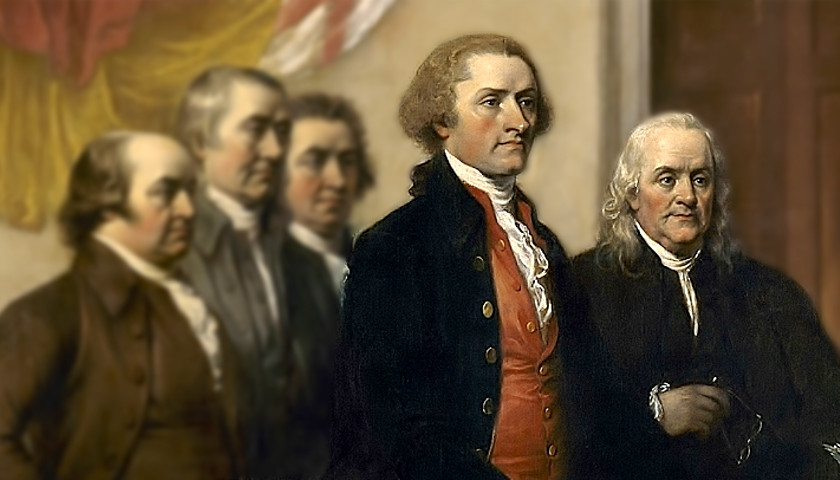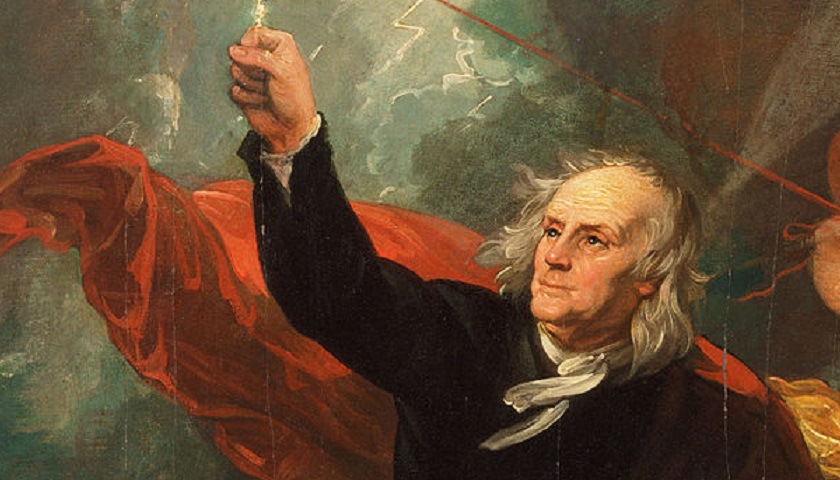This is the first of twenty-five weekly articles in The Tennessee Star’s Constitution Series. Students in grades 8 through 12 can sign up here to participate in The Tennessee Star’s Constitution Bee, which will be held on September 23. Minutes after the Constitutional Convention adjourned in Philadelphia on September 17, 1787, Elizabeth Powel, a friend of George Washington who hosted many social events for the political class of the time, asked Benjamin Franklin if the convention had given us a republic or a monarchy. “A republic, madam, if you can keep it,” the venerable 81-year-old delegate, ambassador, and inventor responded. Fifty-five delegates, from all the states except Rhode Island, attended that convention, which began four months earlier in May of that year under the premise of forming a more perfect union by revising the Articles of Confederation. You see, the United States of America was not officially formed as the republic of which we are currently citizens in 1783 when the Treaty of Paris, in which Great Britain acknowledged the independence and sovereignty of its former colonies, was signed. The Continental Congress of the thirteen rebellious colonies, convening in York Town, Pennsylvania (now simply called York), adopted the…
Read the full story

